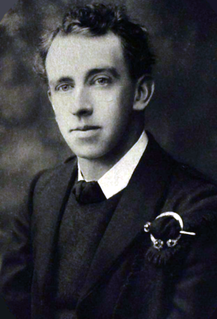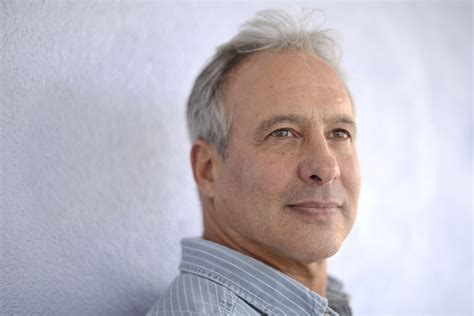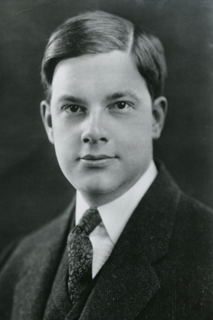A Quote by Philip Larkin
If you tell a novelist, 'Life's not like that', he has to do something about it. The poet simply replies, 'No, but I am.'
Related Quotes
I am a man and alive. For this reason I am a novelist. And, being a novelist, I consider myself superior to the saint, te scientist, the philosopher, and the poet, who are all great masters of different bits of man alive, but never get the whole hog....Only in the novel are all things given full play.
I know that in a poem, even when the speaker is speaking from the poet's experience, there's always something that's borrowed, some authority that sits outside of the poet that the poem has claimed. There's a dramatic pitch that makes the speaker capable of saying something more courageous or stranger or simply other than what the poet would be able to say.
The great thing about living until you get a bit older if you are a writer, and especially a poet, is that you have more life to reflect on. And I think that if I am better now - and I think that I am probably better than I was - is because that I simply have more to think about, more to get under control, more to understand.
The cities, the roads, the countryside, the people I meet - they all begin to blur. I tell myself I am searching for something. But more and more, it feels like I am wandering, waiting for something to happen to me, something that will change everything, something that my whole life has been leading up to.
Many novelists say, "I'm not a political novelist" - myself included. That's a standard, even a default position. Whereas that divide between art and politics simply isn't possible in many countries. In Hungary, you couldn't be a fiction writer and then, when asked about politics, put your hands up in the air and say "But I'm not a political novelist." If you're a Chinese novelist, a novelist in a country where censorship is such an issue, how do you claim that politics has nothing to do with your writing? It's in your writing, it's shaping your words.
There is this tendency to think that if you could only find the magic way, then you could become a poet. "Tell me how to become a poet. Tell me what to do." . . . What makes you a poet is a gift for language, an ability to see into the heart of things, and an ability to deal with important unconscious material. When all these things come together, you're a poet. But there isn't one little gimmick that makes you a poet. There isn't any formula for it.
People probably long for something genuinely personal in a society where the personal is often indistinguishable from the "personalized." Maybe the poetry audience member is searching for his or her own "personal space" and they expect the poet to be a sort of avatar of the private life. But that sort of representation is distasteful to me. Asking a poet to represent the personal life is, paradoxically, to turn the poet into something other than a person.
I simply can't do one-word message replies: Yes. Ok. No. Sure. Cool. None of these are options for me. I must write something extra. Something personal. I put kisses and emoticons. Emoticons, by the way, are my very best friends. They have removed all the pressure of thinking up something personal to say.
Muddy language is not confined to policies alone. Each of you has seen replies to simple questions in which the meaning was lost through hopelessly obscure wording. When a person writes to the Veterans Administration, he is entitled to an easily understood, frank, and courteous reply. If our replies cannot be understood, they are not only not worth writing, but they simply create additional work.
At present, I am a poet trying to be a soldier. To tell the truth, I am not interested in writing nowadays, except in so far as writing is the expression of something beautiful ... The only sort of book I care to write about the war is the sort people will read after the war is over - a century after it is over.
Plato said that poets should be excluded from the ideal republic because they are such liars. I am a poet, and I affirm that this is true. About no subject are poets tempted to lie so much as about their own lives; I know one of them who has floated at least five versions of his autobiography, none of them true. I of course - being also a novelist - am a much more truthful person than that. But since poets lie, how can you believe me?





































